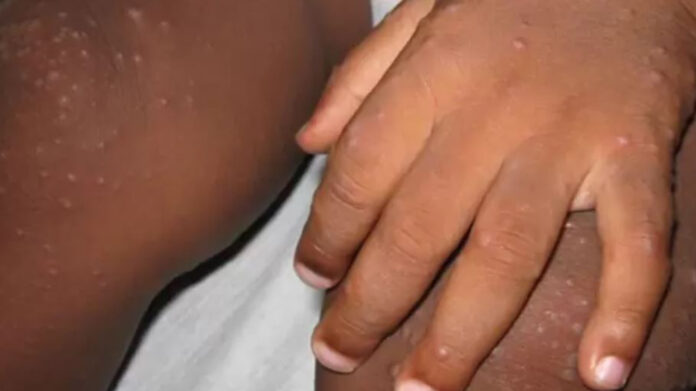By ShermainBique-Charles
Cases of the seasonal hand, foot and mouth disease are rising in Antigua and Barbuda but not enough for health officials to declare an outbreak.
The illness is a mild, contagious viral infection common in young children. Symptoms include sores in the mouth and a rash on the hands and feet.
It is most common in children under five years old but anyone can get it, says the Head of the Pediatric Unit at the Sir Lester Bird Medical Centre, Dr Shivon Belle-Jarvis.
“At this time of year, we do expect to see an increasing number of cases at this time, so utilising the word outbreak is not appropriate. As the cases are seen they are reported and the necessary authorities will let us know if there is an outbreak,” she said.
Dr Belle-Jarvis told Observer yesterday that the illness is usually not serious, but it is very contagious and it spreads quickly at schools and daycare centres.
“It is usually not serious. Parents, teachers, and guardians will notice fever, irritability, painful sores or blisters to the mouth, a decrease in appetite, a rash … generally to the palms of the hands, the soles of feet, around the elbows, anus, and the child may be very irritable,” she said.
While it is unusual that the disease may become complicated, Dr Jarvis said it can in rare cases lead to viral meningitis.
Symptoms of hand, foot and mouth disease usually last from one to 10 days and Dr Jarvis is advising parents and guardians, especially those with youngsters at pre-schools and daycares, to keep their children at home if they are showing signs.
“We want our parents to keep the child at home. They should remain hydrated because with painful sores to the mouth they are less likely to eat.
“Handwashing is key. Cleaning doorknobs, desks…these things are important. Teachers need to be vigilant and schools don’t need to hide when students present with the disease so we can have an accurate idea in terms of numbers,” Dr Belle-Jarvis said.
Adults can pass on the disease too, she said, although they may not demonstrate symptoms.
The concern for pregnant women however is seemingly more serious because there is a possibility that the disease can be passed onto the newborn.
“We want to offer a special word of caution to women who are pregnant. Although there is a very mild risk of the disease affecting pregnant women, there is a possibility that if the disease is contracted near delivery, it can be passed unto the newborn.
“Hand, foot and mouth can be associated with miscarriages and stillbirth,” she warned.
The exact number of cases in the country so far is unclear since they aren’t usually reported to the emergency department, however, the chief pediatrician said numbers are increasing as is the norm during summer and autumn.




